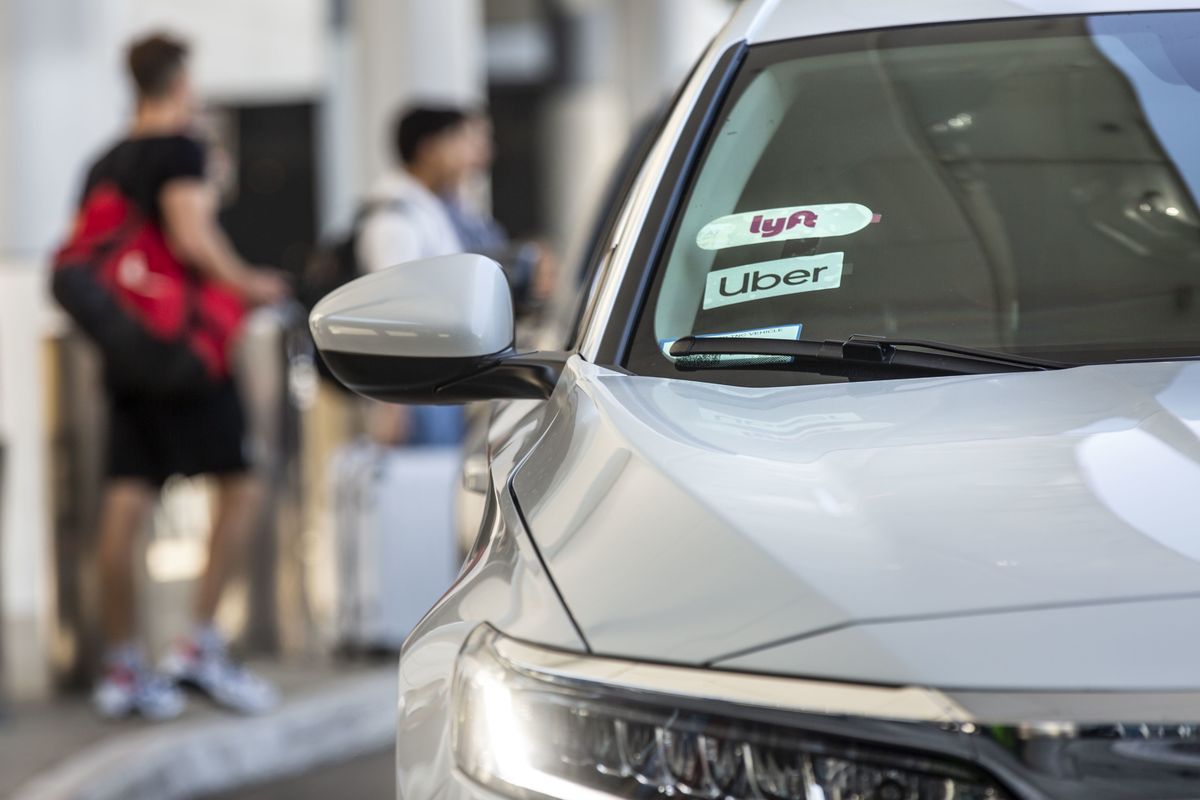Biden proposal could lead to employee status for gig workers

The Labor Department on Tuesday unveiled a proposal that would make it more likely for millions of janitors, home-care and construction workers and gig drivers to be classified as employees rather than independent contractors.
Companies are required to provide certain benefits and protections to employees but not to contractors, such as paying a minimum wage, overtime, a portion of a worker’s Social Security taxes and contributions to unemployment insurance.
The proposed rule is essentially a test that the Labor Department will apply to determine whether workers are contractors or employees for companies. The test considers factors such as how much control workers have over how they do their jobs and how much opportunity they have to increase their earnings by doing things like offering new services. Workers who have little of either are often considered employees.
The new version of the test lowers the bar for that employee classification from the current test, which the Trump administration’s Labor Department created.
The proposal is intended as a so-called interpretive rule that doesn’t have the legal force of a regulation specifically authorized by Congress, and it applies only to laws that the department enforces, such as the federal minimum wage. States and other federal agencies, such as the IRS, set their own criteria for employment status, and the rule would not directly affect what they decided about the status of gig workers.
But many employers and regulators in other jurisdictions are likely to consider the department’s interpretation when making decisions about worker classification, and many judges are likely to use it as a guide.
As a result, the proposal is a potential blow to gig companies and other service providers that argue their workers are contractors, though it would not immediately affect the status of those workers.
“While independent contractors have an important role in our economy, we have seen in many cases that employers misclassify their employees as independent contractors,” Labor Secretary Martin J. Walsh said in a statement. “Misclassification deprives workers of their federal labor protections, including their right to be paid their full, legally earned wages.”
Uber and Lyft have said in federal filings that having to treat drivers as employees could force them to alter their business models, and some gig economy officials have estimated that their labor costs would rise 20% to 30%.
The proposal also defuses growing pressure from activists supporting gig workers, who complained that the administration had been too slow to intervene to protect ride-hail drivers and other app-based workers.
In proposing its rule, the Biden administration is harking back to an approach adopted under President Barack Obama, though administration officials said in interviews that they were merely returning to a standard that federal courts have repeatedly upheld over the decades.
The Biden administration delayed and then scrapped the Trump rule before a federal judge reinstated it. The new proposal would formally rescind the Trump rule and replace it when the proposal is made final in the coming months. Opponents could ask a federal judge to block the rule temporarily or strike it down, but administration officials expressed confidence it would withstand judicial scrutiny.
Under President Donald Trump, the department argued that two factors should predominate in determinations of whether a worker is an employee or a contractor, even if other factors are relevant: the degree of control a company has over the worker, and the extent to which a worker can increase his or her income by taking entrepreneurial initiative, like marketing his or her services.
The Trump Labor Department suggested that gig workers such as Uber drivers would probably be considered contractors under these criteria. Proponents argued that the Trump approach was necessary so enforcement didn’t snuff out new ways of doing business, such as the gig economy.
But in an interview, Seema Nanda, the Biden Labor Department’s top lawyer, said the Trump rule “threatens to actually increase rather than decrease misclassification.”
The proposal by the Biden Labor Department argues that several factors must be weighed when assessing whether a worker is a contractor or an employee, and that none of them is necessarily more important than the others. Among the additional factors are whether the work being performed is central to a company’s business, and what kind of investments workers make to do their jobs, such as buying equipment.
Companies, unions, workers and other members of the public will have 1½ months to formally comment on the proposal before the department incorporates feedback into a final rule.